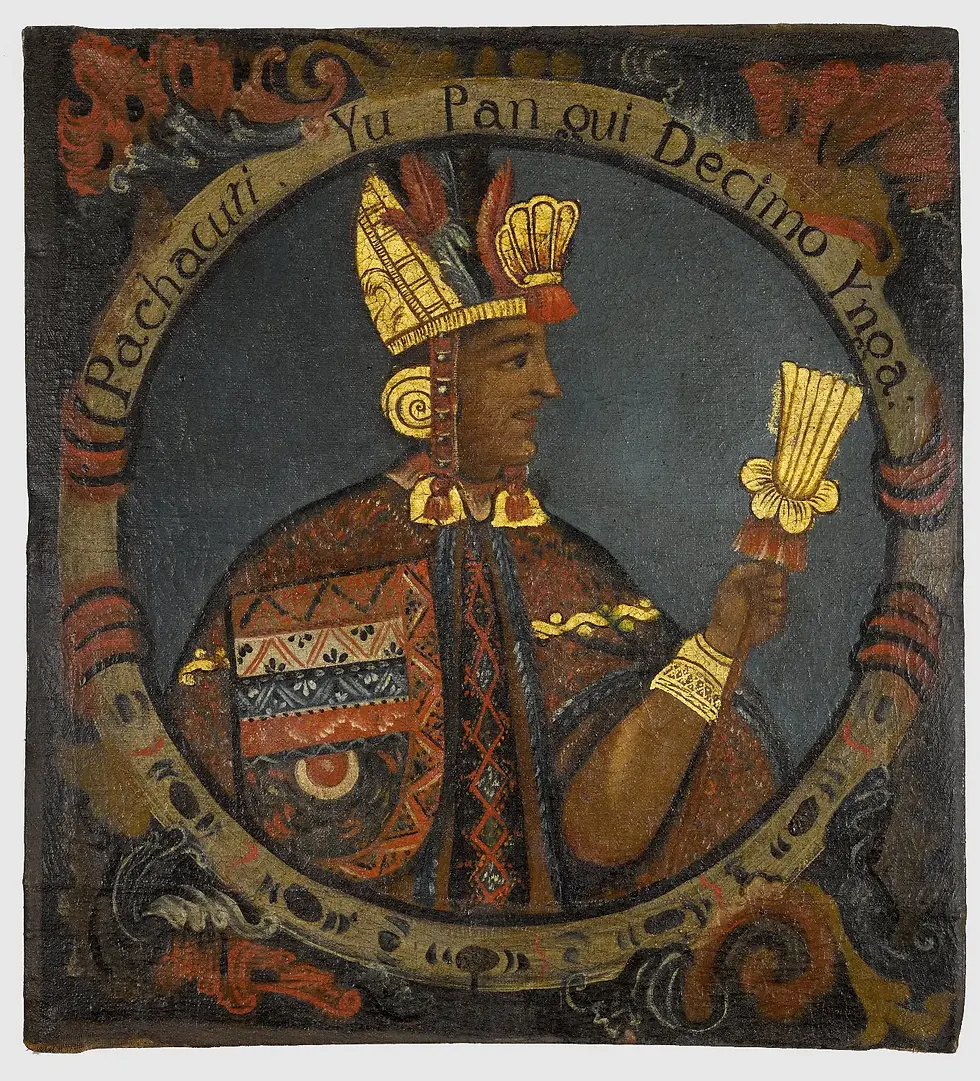Ollantaytambo: A Timeless Marvel of Inca Heritage
- Mary M.
- 4 days ago
- 2 min read
Nestled in the heart of the Sacred Valley of Peru lies Ollantaytambo, a city that stands as a testament to ancient ingenuity and living history. With a past that spans over 3,500 years, this UNESCO-recognized site continues to enchant visitors with its rich cultural tapestry woven from legends, love stories, and celestial wonders. But what truly breathes life into Ollantaytambo are the Quechua people, guardians of its heritage and traditions.
A Royal Legacy
Ollantaytambo served as the royal estate of the esteemed Inca Emperor Pachacuti. This historical town offered lodgings to the Inca nobility while its terraces sustained life through the labors of the yanakuna, loyal retainers of the emperor. The name Ollantaytambo itself echoes the legacy of Ollanta—an intrepid Inca general famed for his rebellion against Pachacuti.

The Love Story of Ollanta and Cusi Coyllur
Ollanta's tale is one of forbidden romance. Despite his valor, his love with Cusi Coyllur, the emperor's daughter, had to remain concealed due to his non-royal lineage. From their secret liaison, a daughter named Yma Sumac was born. According to one version, Ollanta's plea for Cusi Coyllur’s hand was initially rejected but eventually granted pardon. Another version celebrates him saving an imperial son from enemies, earning him not only kinship with the royals but love. Overseeing these storied grounds is Pinkuylluna Mountain, with its carved visage of Tunupa Wiracocha—a sentinel of history.

Triumph and Trials During Spanish Conquest
Ollantaytambo is etched into history as a fortress of resistance against Spanish encroachment. Under the command of Manco Inca Yupanqui, the Battle of Ollantaytambo saw strategic victory over Spanish forces by leveraging its high terraces and flooding tactics from the Urubamba River. However, upheaval followed in 1540 when the native populace faced enslavement under Hernando Pizarro.
Temple Hill: Historical and Cultural Enigma
Temple Hill, also known as Araqhama, stands as an unfinished beacon of combined fortification and spiritual observance. Divided into diverse sectors—the Middle, Temple, and Funerary—it invites exploration. Key highlights include the half-finished Enclosure of the Ten Niches and the Wall of the Six Monoliths within the Sun Temple. Mysterious baths, channeling purifying rituals, add to its allure.

Celestial Alignments in Architecture
Astrology played a pivotal role in the design of Ollantaytambo. Casa Real is strategically encircled with markers tracing the sunrise of the June solstice. To the east, Inticcahuarina’s surfaces—potential seasonal guides—trace celestial phenomena such as the June and December solstices. The terraces uniquely honor these cosmic events, manifesting wonders like Pacaritambo, a hidden optical illusion come alive during the June solstice.
Stone gnomons, resembling pegs, embed the wisdom to track annual cycles through sun shadows. Viewed from above, the terraces’ form mysterious outlines, including the sacred black llama symbolizing the Milky Way. Its head, the Sun Temple, captures the winter solstice light—illuminating this cosmic artistry.
Ollantaytambo is not just an ancient city; it's a living canvas of Incan mythos and accomplishments. Each corner holds stories waiting to be discovered—from epic rebellions and romantic sagas to cosmic alignments defining time itself. As the Quechua continue their guardianship, the legacy of Ollantaytambo endures, inviting all to delve into its enchanted realms—where history, love, and the stars converge.

Comments